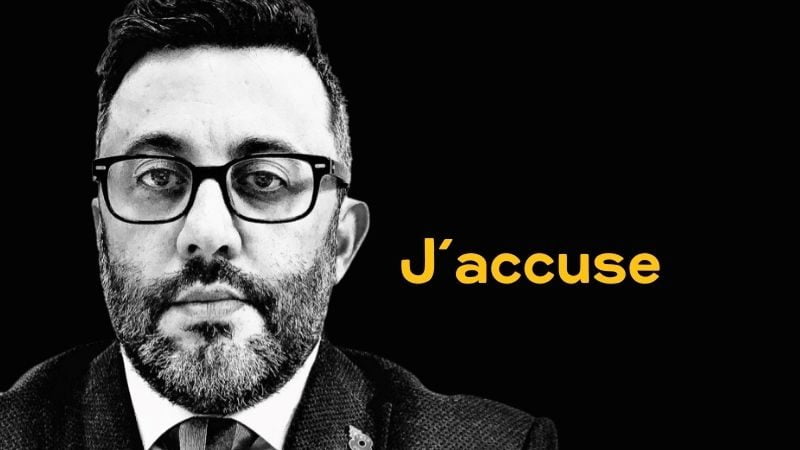In 1716, the UK Parliament voted to extend its duration from three to seven years. Thirty-one MPs protested against the bill that brought about this change. They stated that “it is agreed, that the House of Commons must be chosen by the people, and when so chosen, they are truly representatives of the people, which they cannot be so properly said to be, when continued for a longer time than that for which they were chosen”.
They added: “For after that time they are chosen by Parliament, and not the people, who are therefore deprived of the only remedy which they have against those, who either do not understand, or through corruption, do wilfully betray the trust reposed in them; which remedy is, to choose better men in their places”.
Parliamentary representation has been around for a while. Erskine May, the essential reader on all things parliamentarian, reminds us that the word parliament was first used in the thirteenth century to describe an enlarged King’s council. It took more than a couple of centuries to fine tune certain concepts such as universal suffrage. Suffrage or franchise is the right to vote and the fact that it is universal means that all adult citizens regardless of wealth, income, gender, social status, race etc. have a right to vote.
Universal suffrage also means that the old ‘estates’ that represented exclusively certain sectors of society are no more. No clerical estate, no nobles or landed gentry, no special category. Representation was universal – you got to vote your representative directly into parliament that was in turn (and because of that) the highest expression of the sovereign power of the people.
Then there was Malta’s Constitution. The American Constitution is famous (among other things) for its Amendments. In a way we too have our own. Article 52 of our Constitution – the one that regulates the Composition of the House of Representatives – has been the subject of a few amendments collectively referred to as “corrective electoral mechanisms”. Amendments in 1987, 1996 and 2007 were agreed to by the two parties in parliament and invariably were designed to strengthen their stranglehold on the electoral system.
Article 52 had taken enough amendments on board so when the PLPN came up with the new brainwave of the “gender corrective mechanism” they introduced an article 52A to the constitution. It is entitled “Additional seats for under-represented sex” and it applies both ways i.e. in the event men turn out to be under-represented (less than 40% of Parliament) then it is the number of men that would be increased.
Over the last week we have seen the resulting madness of these constitutional perversions. Just look at the statistical effect on actual representation in parliament when the combined impact of all the corrective mechanisms is seen. The net outcome on direct representation is extremely negative. I’m borrowing some numbers from a friend on social media who has already done the math.
So, we have the lowest turnout in history turning out the largest Parliament ever. Yes, fewer people voted but there are more representatives. That should be good right? In fact, we have the highest number of MPs per capita in the world – one MP for every 3.5k votes. We are privileged, no?
Well. No. Over half the persons who got into Parliament were not chosen directly by the people – with most not even given second, third or even fourth preference. Read that again: more than 50% of the persons who got into Parliament were not chosen directly by the people. Some elected MPs remarkably did not even contest the election. There you go. Remember those UK MPs in 1716? “Trust,” “chosen by the people”. Something’s gone wrong in the formula.
Then there is the gender corrective mechanism. This assumes that a gender is under-represented when less than 40% make it to parliament. One would assume that the “correction” would mean the under-represented gender being upped to 40%. Again no. Four women were elected directly to Parliament. Eighteen were added thanks to the mechanism. Which still leaves women at 28% of all the House.
Then again there was perversion in the perversion. Take the fact that the gender mechanism only applies to the parties elected to Parliament. This meant that a Labour female MP rushed in through the mechanism back door had obtained less votes in the election than a female ADPD candidate. No prizes for guessing how this will be yet another weapon in the “wasted vote” arsenal.
Both main parties played the mechanisms like a fiddle to their own needs. In another perversion of voters’ choice a PN female candidate forwent a casual election “to make sure that her district would be represented by three PN MPs”. That casual election went to a male MP. The female candidate then took her place on the list of MPs elected through the corrective mechanism and in doing so denied a fellow female candidate a place in parliament.
In the end the election was very little about the people getting the representatives they wanted and very much about the parties choosing whose behinds they wanted to see warming the benches for this legislature. Ultimately the popular vote does not go much beyond choosing which party will be in power and has little or no control over the distribution of its direct representatives.
There has been much reading into why the people voted as they voted (and why an incredibly large amount by Maltese standards chose not to vote in one way or another). Analysts have started to point fingers at “too much negativity”. Elected members speak of the success of door-to-door canvassing. I am quite sure there is a truth in what they say. From a realistic, cynical point of view there is no doubt that the considerations weighed by voters on their way to the booth does include a bit of this.
The question is not so much whether critics of the “negativity” are right but rather whether our electorate endowed with the power of universal suffrage can still be brought to care about such issues as the rule of law. Worse still, how little will your average voter care about this blatant perversion of representation, this unabashed disenfranchisement that I have just described? Very little indeed.
They have taken control of the people’s parliament and yet the people are content. The Parliament is dead! Long live Parliament!













at this rate, considering the generous MP honoraria and attached benefits (legal & otherwise) till they kick the bucket, taxpayers may be better off financing sex change operations on some MPs to achieve the 3:2 ratio and stick to the already inflated 65 MPs, rather than adding to the motley crew on the gravy train.
Whilst the PLPN have on average an MP for every 3.6k first preference votes, the ‘perverted representation’ they devised, still denies the Greens from nibbling the PLPN stranglehold on Parliament (and national institutions), notwithstanding the aggregate 5.6k first preference votes achieved by ADPD+AC
Excellent piece, and thank you for the background on this. It is crazy to think that after all the electioneering and the build up to the day, we have less than 50% of the people we voted for, actually in parliament. The piece on the gender imbalance makes lots of sense and a great new angle also on this…plus, it truly gives more weight to the argument for smaller party representation – which I agree with.
THE PEOPLE’S REPRESENTATIVES HAVE MADE A MOCKERY
OUT OF PROPORTIONAL REPRESENTATION. THEY CAN
NEVER BE TRUSTED.